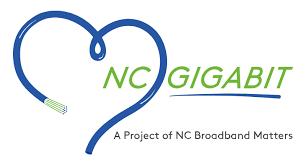Podcast: Play in new window | Download | Embed
For this episode, Christopher was joined by returning guest Jonathan Chambers to discuss the Federal Communications Commission’s (FCC’s) Rural Digital Opportunity Fund (RDOF), which will finance broadband deployment across rural America. Jonathan is a partner at Conexon, which works with rural electric cooperatives to plan, fund, and build fiber optic networks.
The pair review the details of the new RDOF program and how the reverse auction compares to the prior Connect America Fund. Jonathan explains how the funding process rewards the local co-ops, communities, and companies that step up to provide high-quality connectivity. He argues that the FCC should move the auction timeline up to quickly expand Internet access because of the pandemic. They also talk about some issues with RDOF and about the potential for the program to improve broadband access in rural areas.
Previously, Jonathan was on Episode 349 and Episode 321 of the Community Broadband Bits podcast to discuss the Connect America Fund.
We’d also like to hear from you. Would you like to hear shorter, more frequent episodes instead of our usual weekly episodes to keep up with the ever-changing times? Let us know by commenting below, by sending an email to podcast@muninetworks.org, or by tagging us on social media.
This show is 39 minutes long and can be played on this page or via iTunes or the tool of your choice using this feed.
Transcript for this episode coming soon!
Listen to other episodes here or view all episodes in our index.
Subscribe to the Building Local Power podcast, also from the Institute for Local Self-Reliance, on iTunes or Stitcher to catch more great conversations about local communities, concentration of corporate power, and how everyday people are taking control.
Thanks to Arne Huseby for the music. The song is Warm Duck Shuffle and is licensed under a Creative Commons Attribution (3.0) license.

